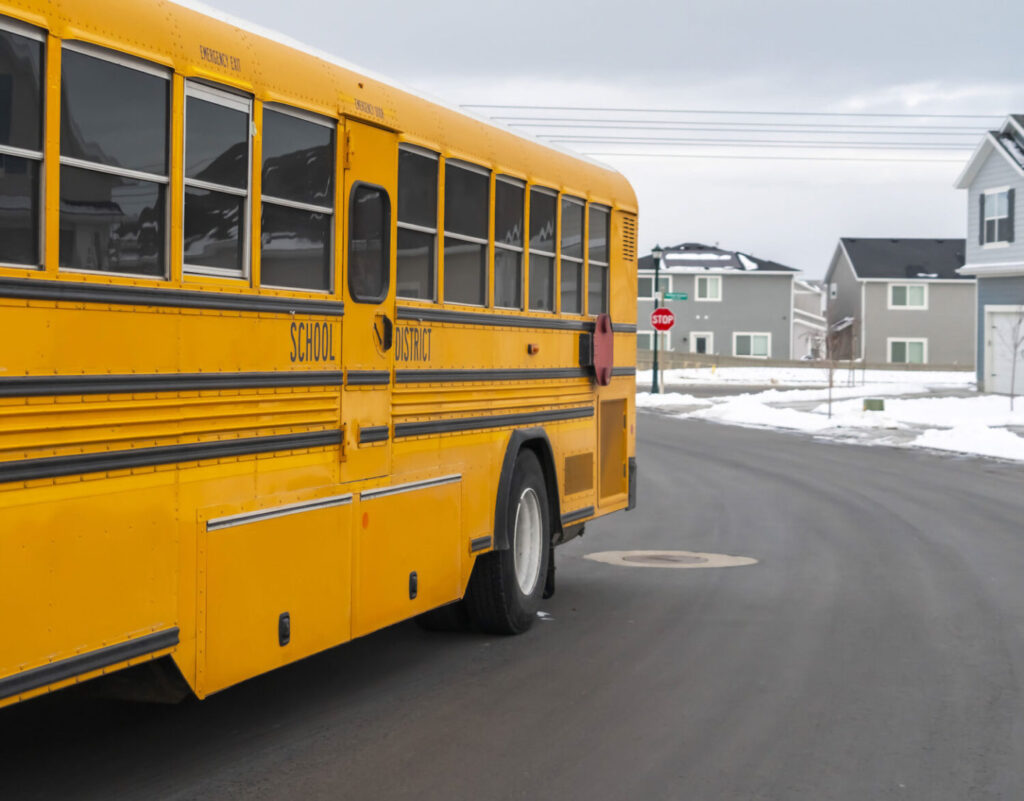Unlawful resolution discriminates against private school students in Ohio
The Worthington Public Schools (WPS) Board recently passed a resolution stating that it is “impractical” to continue to bus 43 students to neighboring private schools in Central Ohio. The…

The Worthington Public Schools (WPS) Board recently passed a resolution stating that it is “impractical” to continue to bus 43 students to neighboring private schools in Central Ohio. The resolution stands in opposition to Ohio law, which requires districts to provide equitable transportation for private school students. The district is also supposed to provide a notice of impracticality at the beginning of the school year, not the end of Fall.
More specifically, the determination of impracticality must be made thirty days before the school year begins. If the determination of impracticality is made, the districts are required to make a payment to parents in the place of providing transportation or go through a mediation process with the state.
Several of the schools affected by the unlawful resolution are part of the OCEN (Ohio Christian Education Network), which is led by the Center for Christian Virtue. The OCEN submitted a letter on November 18th, demanding that the district reverse the decision or face legal action. Many parents weren’t even aware of the resolution until OCEN reached out to offer advocacy for their students.
“Not only is this action illegal by Worthington public, it’s also heartless,” said Troy McIntosh, Executive Director of OCEN. “To cut families off from bussing in the middle of the school year, right as the weather is about to turn for the worse, is unconscionable.”
In the letter sent to the WPS Board, Corrinne Vidales, Attorney and Assistant Director for OCEN, argues that this ruling is evidence of an illegal bias against faith-based and private schools.
Though state law makes it clear that transportation should be provided to students in the district regardless of school choice, Trent Bowers, Superintendent at WPS, said, “I feel like it is my fiduciary responsibility to recommend that we no longer transport to several schools so that we can continue to transport to district schools.”
Vidales asserts in the letter that the State Superintendent of Public Instruction made interpretation of the law crystal clear back in July 2020 when he stated, “Nothing in state law allows a school district to prioritize the needs of its own students over the needs of community school or chartered nonpublic school students.” She went on to explain in the letter that the Ohio code in place to determine these issues explicitly states that a determination must be made on the grounds of six specific factors, while only three are cited in the resolution.
When asked for an update on the situation, Vidales told The Lion that affected schools are currently in a mediation process in which they should not have been required to enter in the first place.
OCEN is no stranger to these kinds of legal battles. Last year, Toledo-Lucas County Health Department ordered all private schools to cease operations while simultaneously allowing other public accommodations, including casinos, to stay open. OCEN fought the orders and won the case in the 6th Circuit Court of Appeals.



